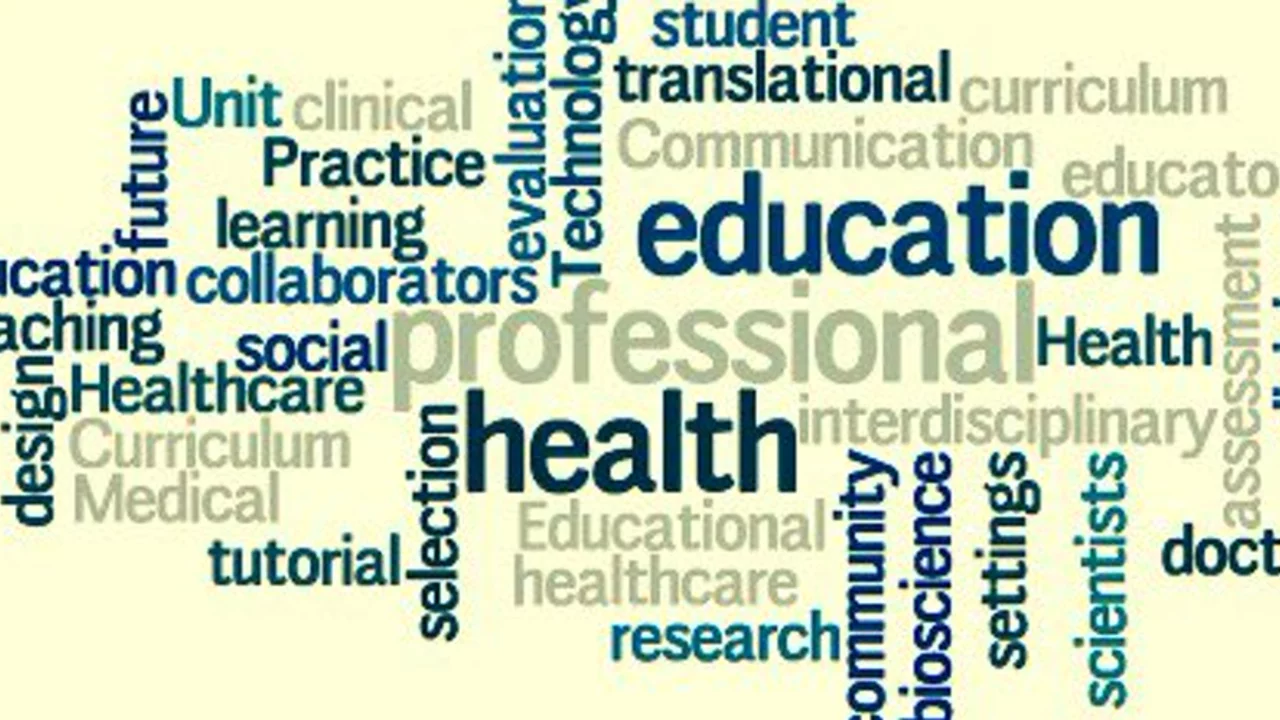Education and Learning – Insights on Curriculum and Quality
When you think about school or any learning experience, two things usually pop up: the curriculum and the idea of quality. They sound simple, but they affect everything you do – from what you study to how well you understand it. Let’s break down why they matter and how they work together.
Understanding Curriculum’s Role
A curriculum is more than a list of topics. It’s the roadmap that tells teachers what to teach, how to teach it, and the order to follow. Think of it like a recipe: the ingredients (content) are important, but the steps (sequencing) determine whether the final dish tastes good. A well‑structured curriculum makes learning smoother because students build new ideas on a solid base.
Take a science class, for example. If the curriculum starts with basic chemistry concepts before moving to complex reactions, students can see how each piece fits. Skipping straight to advanced topics leaves gaps, and those gaps show up as confusion or lower grades. That’s why educators spend time fine‑tuning the curriculum – it’s the backbone of effective teaching.
What Quality Education Really Means
‘Quality’ in education isn’t a one‑size‑fits‑all label. For a student from a well‑resourced school, quality might mean access to the latest labs and digital tools. For another learner in a remote area, quality could be a teacher who understands their language and culture. The same standard can feel very different depending on who’s experiencing it.
Because of these differences, quality is often judged by three factors: relevance, fairness, and outcomes. Relevance means the material connects to real‑life situations the learner cares about. Fairness ensures every student gets a chance to succeed, regardless of background. Outcomes look at whether students actually master the skills they were taught. When all three line up, you’ve got a truly quality education.
So, how can you spot quality in your own learning journey? Ask yourself: Does the material feel useful for my goals? Am I getting support that fits my learning style? Am I seeing real improvement over time? If you can answer “yes” to most of these, you’re likely in a good environment.
Bringing the two ideas together, a strong curriculum sets the stage for quality, but quality also tells us when a curriculum needs tweaking. If students consistently struggle, it might be a signal that the curriculum isn’t matching their needs. Teachers and schools that listen to that feedback can adjust lessons, add more hands‑on activities, or provide extra resources.
For anyone navigating education – whether you’re a student, parent, or teacher – keep both pieces in mind. A flexible curriculum that evolves with learner feedback creates a cycle of improvement. That cycle is what turns ordinary classes into powerful learning experiences.
Ready to make the most of your studies? Look for courses that explain the why behind the what, and don’t be shy about asking for help when something feels off. When curriculum and quality work hand in hand, learning becomes not just a task, but a rewarding journey.

NEET PG 2025 Results Out on August 19: Cutoffs Lowered, Counseling Begins Amid Court-Ordered Changes
NEET PG 2025 results released on August 19, 2025, ahead of schedule, with lowered cutoffs and 128,116 qualifiers. Counseling begins October 17 under Supreme Court-mandated single-shift reforms.
Read More
What is the relationship between education and curriculum?
Hey there, folks! Today I am going to discuss something really important - the relationship between education and curriculum. We'll delve into how the two interlink and why a robust curriculum is crucial for effective learning. I'm excited to shed light on how curriculum shapes our education system. It's an engrossing journey, so let's dive in, shall we?
Read More
Why is 'quality' in education not the same for everybody?
In exploring the concept of 'quality' in education, it's clear that it doesn't have a universal meaning for everyone. This is because 'quality' is subject to various factors including socio-economic status, cultural relevance, personal experiences, and individual learning styles. It's truly a subjective term that changes according to our varied expectations and educational needs. Therefore, a one-size-fits-all approach doesn't work when we talk about quality education. It's essential to ensure that education systems are inclusive and adaptable, catering to the unique needs of each student.
Read More